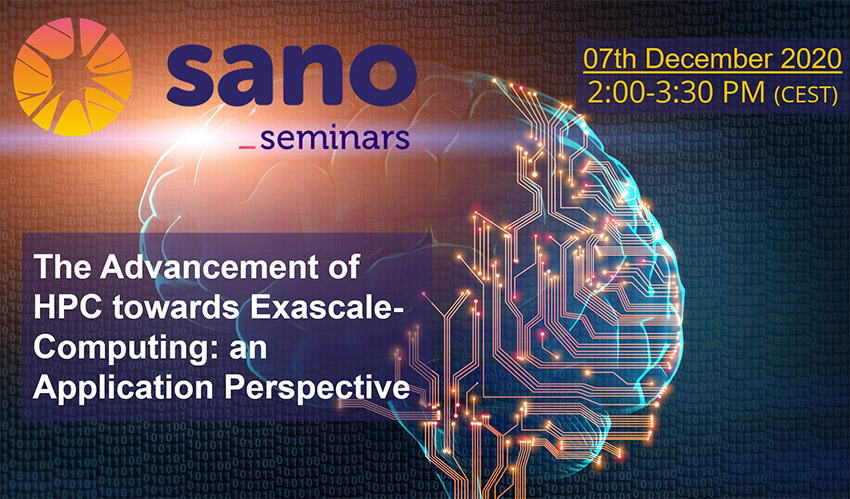Abstract
High Performance Computing is a powerful tool for science and research, and thanks to Moore’s law a constant increase in performance has been observed. Today, at the barrier of exascale computing, we want to review the usage of HPC systems from an application perspective and consult the crystal ball about its future. What are typical applications in science and research today, how will they benefit from exascale-class machines, and what can we expect in the future? This talk will offer an insight from LRZ, a holistic IT service provider for science, highlighting our activities as a national HPC centre. As the home of SuperMUC-NG, one of the top 20 supercomputers on the planet, we describe the usage of our system for different application domains, including life sciences and medical applications. We will identify obstacles on the way to utilizing such systems, both from a technical and a non-technical side, specifically with respect to the handling of sensitive data. We conclude with an outlook on future developments and expectations.
Prof. Dr. Dieter Kranzlmüller is the Chairman of the Board of Directors for the Leibniz Supercomputing Centre (LRZ). He is also a full professor of computer science at the Chair for Communication Systems and System Programming at Ludwig-Maximilians-Universität Munich (LMU). Since assuming his current position at LRZ in April 2017, he applies his broad research interests and background in academia and industry to emphasise tight integration between IT service operations and progressive R&D. Prof. Kranzlmüller received both his Ph.D. and habilitation in computer science from Johannes Kepler University in Linz, Austria. Spending a number of years in the IT industry, he returned to academia and positions at the universities of Reading (UK), TU Dresden (Germany) and École Normale Supérieure Lyon (France). He has participated in several national and international research projects, and has co-authored more than 150 scientific papers in journals, and conference proceedings. He served as deputy director of the EGEE project at CERN in Geneva before joining LRZ and LMU Munich in 2008. He is also a member of the Sano International Scientific Committee.

Author
Dieter Kranzlmüller
Ludwig-Maximilians-Universität, Munich & Leibniz Supercomputing Centre (LRZ)
www.mnm-team.org
Date and time
Monday, 07 December 2020, 2:00-3:30 PM (CEST)




